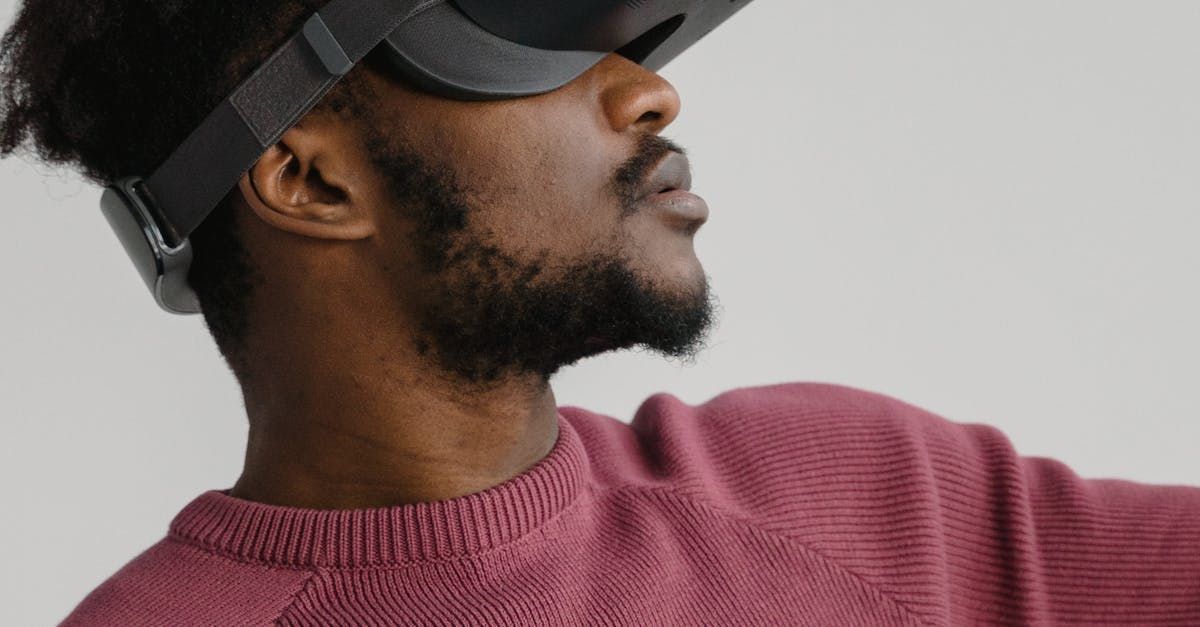PATENT LICENSING ATTORNEYS
DALLAS FORT-WORTH, PLANO, FRISCO
Monetize your patent portfolio through patent licensing agreements and patent transactional agreements.
PATENT TRANSACTIONS AND LICENSING
What Is Patent Licensing?
Patent licensing is the process whereby one grants exclusive or non-exclusive rights over a patent to a licensee. Such grants of rights are usually compensated for by royalties paid to the patent owner. A license constitutes a legal contract and governs the terms and conditions for granting and exercising the rights to a patent. Often a patent license agreement gives someone else the right to use or develop your invention commercially. A patent licensor is the owner of the invention, and the licensee is the person receiving the patent license. Regardless of how you decide to best employ and profit from your new invention, in most instances, licensing the patent will be an important part of the process.
What Is The Difference Between An Exclusive & Non-Exclusive Patent License Agreement?
An exclusive patent license transfers the right to practice the patent to the exclusion of all others fully; however, the patent owner retains title to the patent with the right of reversion. A non-exclusive patent license transfers less than the right to practice the patent fully, and a patent owner retains the right to grant additional patent licenses. For instance, in a non-exclusive patent license, the patent owner could give specific rights to more than one person or company in different industries or different geographic locations.
What Is A Patent Assignment?
An assignment is when a patent owner permanently transfers or sells all ownership rights in and to the patent. A patent assignor is the present owner of the invention, and the assignee is the person receiving ownership of the invention. You may find a patent assignment preferable to a patent license if you do not have the financial or other ability to bring an invention to market. While patent licenses often pay a patent owner royalties, patent assignments generally pay the patent owner a lump sum. As an inventor, you should consider all financial aspects of a patent license or a patent assignment, including the benefits and risks of manufacturing and marketing yourself. Our experienced patent attorneys can draft and negotiate complex licenses, assignments, and other IP transactions, including the following:
- Exclusive & non-exclusive patent licenses;
- Purchase Agreements;
- Royalty Agreements;
- Assignment Agreements; and
- Sub-licenses.
Patent owners must decide how they will allow others to make, use, sell, offer for sale, or import their invention (Ownership Rights). These Ownership Rights are what must be protected and/or licensed in any patent agreement. If you have a patent that you are interested in licensing or assigning, you must have knowledgeable attorneys to assist you and advise you on how best to protect your rights.
Enforcing Your Patent License and Patent Assignment Agreements
Our Dallas patent lawyers represent clients in
patent prosecuting and
patent infringement throughout the United States, including the U.S. District Courts throughout Texas.
A distinguished law firm based in Texas, we offer expert services in patent licensing and enforcement. Our seasoned team of attorneys navigates the complex landscape of intellectual property law to secure and maximize the value of your patents. With a keen understanding of industry dynamics and legal intricacies, we craft tailored licensing agreements that protect your interests while fostering innovation and collaboration. In patent enforcement matters, we employ strategic legal tactics to safeguard your rights and pursue remedies for infringement. Trust Wilson Whitaker Rynell for comprehensive patent licensing and enforcement strategies that safeguard your intellectual property assets effectively.
Additional Patent Licensing Focus
How Does An Inventor Monetize A Patent?
Every inventor and patent holder must make one or more of the following decisions when deciding how best to monetize a patent:
- to self manufacture and market the patented invention;
- to assign or sell the patent to another entity or person; or
- to license the patent, exclusively or non-exclusively, to one or more entities or persons.
It is recommended that inventors do a marketing analysis and determine any competitive or competing products or market alternatives to their invention. Armed with this market analysis, the inventor will understand which entities may have interest in their design and how best to approach those entities to purchase, sell or license their patent.
Important Considerations When Licensing A Patent
License negotiations are often complicated and a lengthy process. It may take months to negotiate and draft an agreement that meets the beneficial needs of both the patent licensor and the patent licensee. There are several basic items that an inventor should focus on when drafting a licensing agreement:
- Contract Term Limitation: Protects against a patent licensee that may become ineffective at marketing and selling the invention. It is wise to limit the term based on years or based on failure to meet a minimum sales quota, allowing the patent rights to return to the patent licensor such that the patent owner can find a more lucrative venue to exploit the patent.
- Advanced Payments: Get as much money upfront as possible. Advanced payments show that a patent licensor is serious about doing business and will more than likely work hard to generate royalties associated with sales of your invention. Suppose a patent licensor is unwilling to pay up-front royalties, this makes it even more imperative that the patent owner has minimum sales quotas in place, which would trigger a termination of the patent agreement.
- Minimum Sales Quotas: It is recommended that the inventor include sales quotas and milestones to ensure that the patent licensor is appropriately exploiting the invention. These sales quotas incentivize a patent licensor to make sure production and sales are occurring.
- Minimum Royalty Guarantee:
Similar to a minimum sales quota, a patent owner can include a minimum royalty guarantee such that a patent licensor is guaranteed money regardless of how the licensee performs.
CLIENT MATTERS
5,000+
YEARS OF SERVICE
25+
Award Winning
Recognized in the legal industry as dedicated board-certified lawyers and Rising Stars.
Expert Team
Your project will be handled by legal experts every time. You will have the most experienced attorneys working for you.











